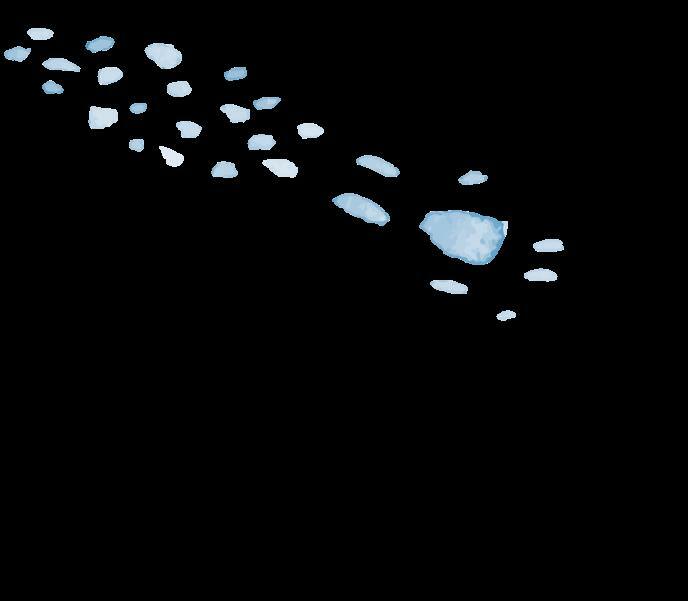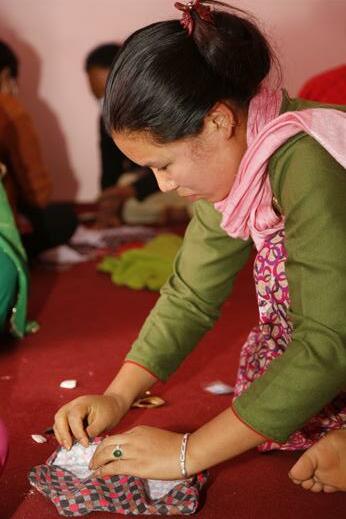
2 minute read
Start up

Aanandi (21 years old, name changed) lives with her parents in Mahankal Rural Municipality in the Lalitpur district of Nepal. Despite economic challenges, her childhood was full of love, care and support. She was top in her class at school. Then one day, her life changed completely - she got diagnosed with epilepsy disorder and had to drop out of education after year 9.




In 2019, Aanandi became involved with Voice of Children Nepal when the organisation started working with her community.
Voice of Children and ChildHope have developed water, sanitation and hygiene (WASH) projects in schools and communities. As part of this, we run training and workshops to address health and hygiene and support income-generating activities.
When Aanandi attended orientation by the project team on menstrual hygiene and reproductive healthcare, she couldn’t help but reflect on her own experiences as a teenager. Menstruation is still a taboo in her culture and most girls do not get the information they need. It is expected that they will figure it out themselves. Consequently, Aanandi suffered and experienced a lot of pain due to her lack of knowledge, as well as poor access to proper facilities in her school and menstrual hygiene products. She developed wounds, experienced itching, a burning sensation, and leakage. Most of her friends would not attend school during their periods and many dropped out due to the lack of WASH facilities at school.
To address these issues, our WASH project engages actively with school teachers and community members. It builds their capacities to help students with challenges related to WASH, especially regarding the menstrual health of adolescent girls and ensures they have the facilities they need and access to information and menstrual hygiene products.
Aanandi recently attended sanitary pad making training organised by the project team for her group. She shares, “Sanitary pads are directly
related to women’s reproductive health. These are very important for women. Local low cost reusable sanitary pads that I have learnt to make, are also easy to use and good for health.”
After the training, she started making sanitary pads and encouraging other women and adolescents in her community to do the same. She is currently selling the pads made by herself in the local shops, which contributes to her household income. She has started getting treatment for epilepsy and her health has improved significantly.
“This project has provided me a platform for developing my knowledge and skills. It has also shown me the way to be financially independent. I am not only economically stronger, but also socially recognized now. My relatives are very proud of me and it motivates me to do more such work in future.”











